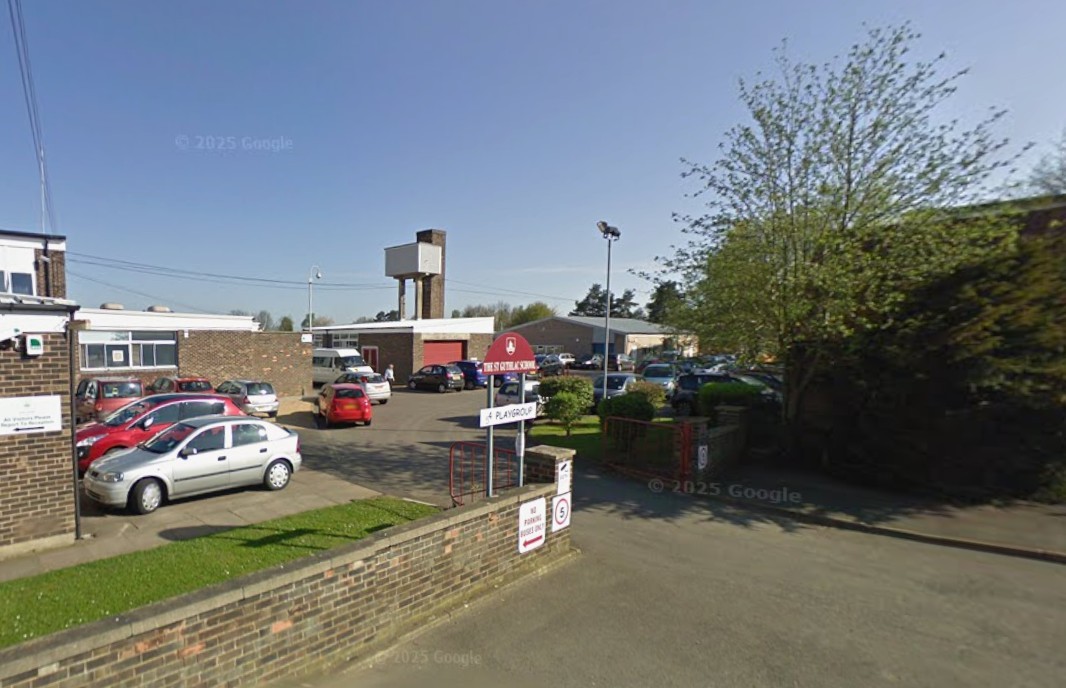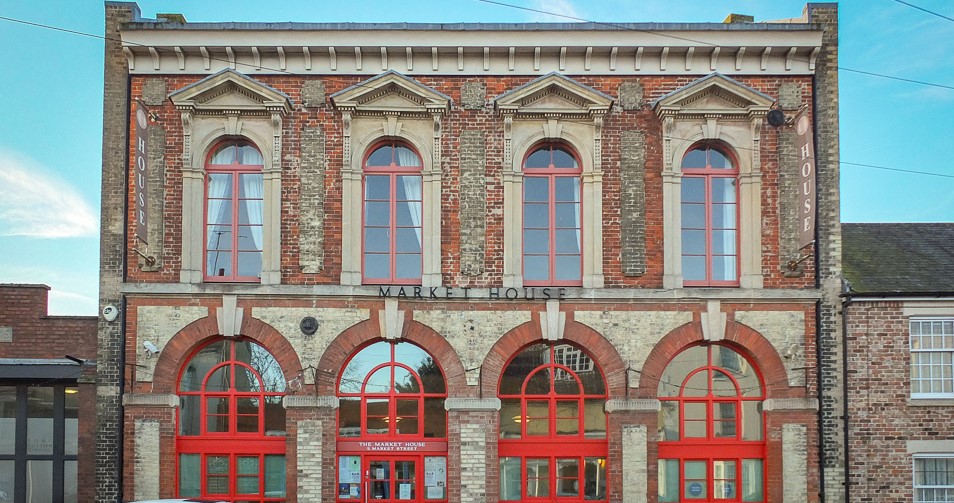Revised proposals for an anaerobic digester plant in Surfleet have been submitted amid a warning that the passing of such applications could harm the area’s fight against several green infrastructure projects.
Naylor Farms has submitted an update to its bid to build a new anaerobic digester at Surfleet, next to a proposed substation for the Outer Dowsing offshore wind farm.
The windfarm application was discussed recently by Lincolnshire County Council’s Planning and Regulation Committee, which was asked to submit its thoughts ahead of the Secretary of State’s decision on the proposal.
The committee outlined its objection to the windfarm plan due to the potential loss of farmland.
However, Coun Tom Ashton said that the argument might fall down ‘given in our other roles as a planning committee, we see anaerobic digesters come up’.
“We’ve seen them put up across the length and breadth of Lincolnshire,” he continued.
“Any one of those outfits can take up to a thousand acres of maize to power it and that’s land not being used for food production.
“It’s easy to miss that as it’s a farmer doing farming things in a farmer’s field, whereas a substation clearly isn’t.”
In its new Design and Access statement, submitted last week for its Surfleet application, Naylor Farms says its proposed Anaerobic Digestate plant will also turn plant bi-products into CO2 to be bought by a third party and used in food production systems within a 75-mile radius.
“Digestate will be used as fertiliser on local farms,” it says.
Objections had been raised to the previous plans earlier in the year, including from Surfleet Parish Council. District councillor for the area, Coun Sally Slade, said none mentioned the loss of prime agricultural land for food growing as has been suggested for the substation next door.
Chris Jenner spoke for the Outer Dowsing Wind Farm infrastructure, which will utilise underground cables, at the county council planning meeting.
He claimed it will create 100 jobs during construction and 400 after.
“The council energy position paper published last year identified the need for new energy supply to stimulate commercial growth in Lincolnshire that will cause no harm to the environment,” he said. “Outer Dowsing will deliver on these objectives whilst bolstering UK energy security.
“It’s determined to deliver a positive project legacy and promoting awareness of opportunities for the young people of Lincolnshire of well-paid energy jobs.”
Of the substation, Mr Jenner said: “Our local design panel will help finesse the mitigation and external appearances of the substation.”
He also said those behind a host of energy projects in Lincolnshire were looking to form a forum to discuss matters with relevant authorities.
Coun Neil Murray told the meeting: “If we’re not careful Lincolnshire is going to seem like a county that does not understand about the climate crisis we’ve got.
“It’s really sad. Lincolnshire, like every county in Britain, should be providing some land so we get clean, cheaper energy.”
But Coun Marianne Overton responded that there should be a national strategy on where it fits in.
“It’s not about being against renewable energy,” she said. “It’s about whether this is the right project done in the right place.
“Offshore is the best option available. I don’t know why it hasn’t happened that the cables are under the sea.
“I know it might be more expensive, but we’re talking long term.”







